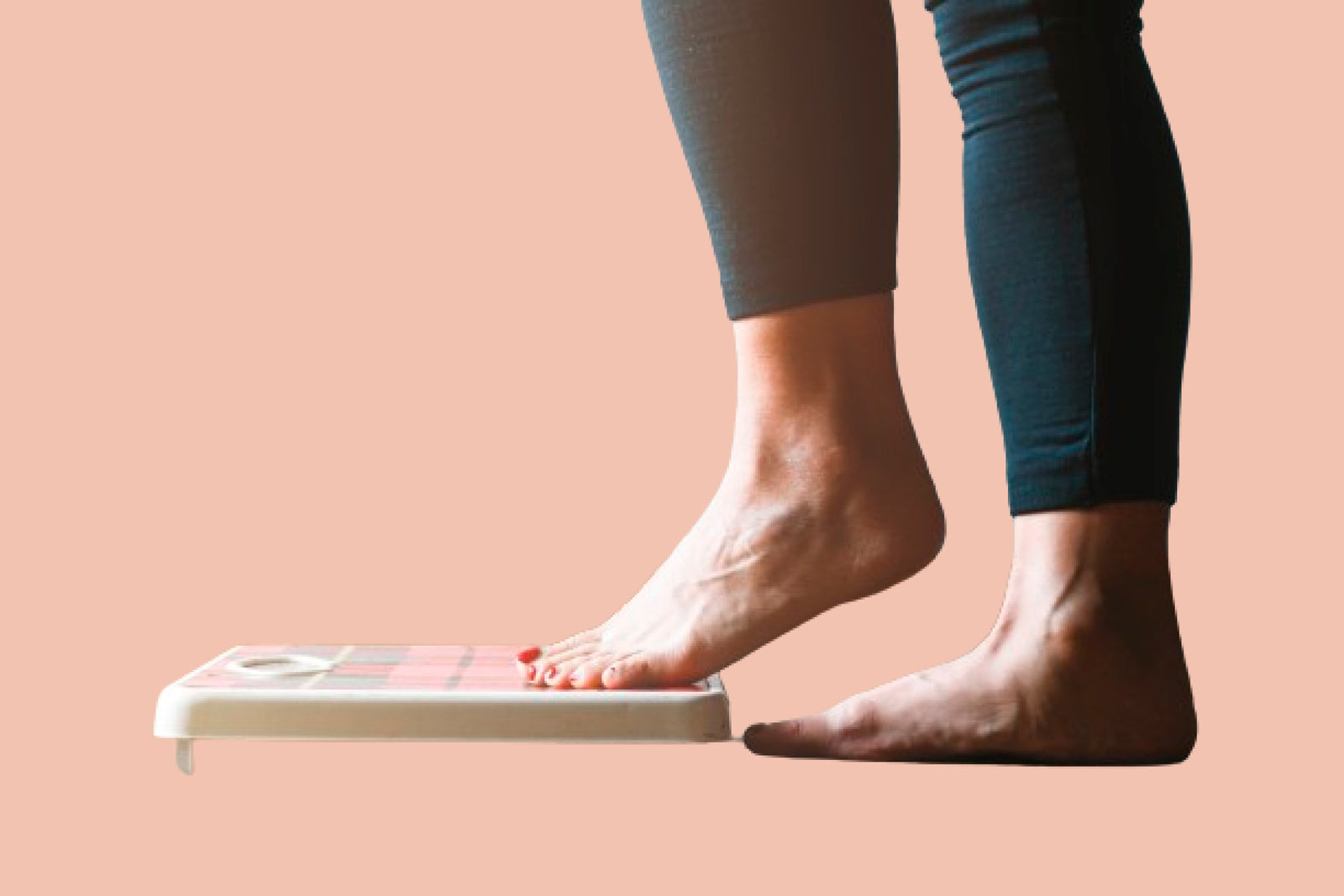UCP1 and Weight: How Brown Fat and Thermogenesis Affect Metabolism
Obesity happens when excess body fat builds up and raises the risk of health problems such as type 2 diabetes and heart disease. One important factor that influences body weight is how efficiently the body uses energy. The UCP1 gene helps control a process called thermogenesis in brown fat, where calories are burned to produce heat instead of being stored as fat. Variations in UCP1 can change how well that system works, and that can affect resting energy expenditure and weight regulation.
How UCP1 Works
UCP1 encodes an uncoupling protein found in brown adipose tissue. When activated, UCP1 allows protons to leak across the inner mitochondrial membrane, releasing stored energy as heat. This process increases energy expenditure without producing ATP and can help protect against weight gain. Differences in the UCP1 gene may reduce thermogenic activity, leading to a lower resting metabolic rate and a greater tendency to store excess calories as fat.
Interpreting Your UCP1 rs1800592 Genotype
Two effect alleles (TT) — reduced thermogenesis
Having the TT genotype at rs1800592 means you carry two copies of the effect allele. This variant can make UCP1-driven heat production in brown fat less efficient. As a result, your resting metabolic rate could be somewhat lower than average, and you may be more prone to storing excess energy as fat. Lifestyle strategies that support metabolism are especially important.
One effect allele (TC) — slight reduction in thermogenesis
With the TC genotype you have one copy of the effect allele. This is associated with a modest decrease in brown fat thermogenic activity. The impact on resting energy expenditure is typically small, but over time a small reduction can influence weight if calorie intake consistently exceeds expenditure. Focused lifestyle choices can help offset this tendency.
No effect alleles (CC) — typical thermogenesis
Carrying CC at rs1800592 indicates two copies of the non-effect allele and generally normal UCP1 function. Your brown fat is likely able to generate heat at typical levels, supporting usual resting calorie burn from thermogenesis. Even with this genotype, healthy habits remain essential for long-term weight and metabolic health.
What This Means for Your Health
Genetic variation at UCP1 is one of many factors that influence weight and metabolism. A TT or TC genotype may slightly raise vulnerability to weight gain by lowering thermogenic calorie burn. However, genes are not destiny. Diet, physical activity, sleep, stress, environment, and other genes all interact to determine body weight. Below are practical steps you can take to support healthy metabolism regardless of genotype.
Diet Recommendations
- Prioritize whole foods: vegetables, fruits, lean proteins, legumes, whole grains, nuts, and seeds. These foods support steady energy and satiety.
- Protein at each meal: aim for a balance of high-quality protein to preserve lean mass and increase the thermic effect of food.
- Healthy fats: include sources like olive oil, avocados, and fatty fish to support hormone balance and satiety.
- Control refined carbs and added sugars: limiting these helps prevent excess calorie intake and large blood sugar swings.
- Timing and portion awareness: eating balanced meals and avoiding excessive late-night calories can help match intake to daily energy needs.
Supplement Considerations
Supplements may support metabolism for some people but should be used under the guidance of a healthcare professional. Consider discussing the following with your provider:
- Vitamin D if deficient: low vitamin D has been linked to metabolic dysregulation in some studies.
- Omega-3 fatty acids: may support metabolic health and reduce inflammation.
- Caffeine in moderate amounts: acutely raises energy expenditure and can modestly increase fat oxidation.
- Green tea extract or EGCG: may enhance fat oxidation slightly when combined with diet and exercise.
Lifestyle Strategies
- Regular physical activity: combine resistance training to preserve or build muscle with aerobic exercise to increase calorie burn. Muscle mass raises resting metabolic rate.
- Include high-intensity or interval training: these approaches can increase post-exercise energy expenditure and stimulate brown fat activity.
- Prioritize sleep: aim for consistent, adequate sleep each night. Poor sleep disrupts appetite hormones and metabolism.
- Manage stress: chronic stress increases cortisol, which can promote fat storage. Mindfulness, breathing, and regular movement help.
- Mild cold exposure: brief, controlled exposure to cool temperatures may activate brown fat and increase thermogenesis. Examples include cool showers or keeping indoor temperatures slightly lower. Start gently and avoid hypothermia risks.
Useful Blood Tests and Monitoring
- Basic metabolic panel and lipid profile to monitor metabolic health.
- Thyroid function tests if symptoms of low metabolism are present.
- Vitamin D level to guide supplementation decisions.
- Body composition assessments to track lean mass and fat mass rather than relying only on scale weight.
Putting It Into Practice
If your genotype suggests reduced UCP1 activity, focus on strategies that increase overall daily energy expenditure and support brown fat activation. Build lean muscle with strength training, keep daily activity levels high, choose nutrient-dense foods, and prioritize sleep and stress reduction. For those with the CC genotype, follow the same healthy habits to maintain metabolic health and prevent weight gain.
Limitations and Next Steps
One genetic variant is only part of the picture. UCP1 rs1800592 may modestly affect thermogenesis but does not determine weight on its own. Combining genetic insight with lifestyle and clinical monitoring gives a fuller understanding of your metabolic health. Consider discussing test results and personalized strategies with your healthcare provider or a registered dietitian.
PlexusDx does not provide medical advice. This information is educational and not a substitute for professional medical care. Always consult your healthcare provider before starting new supplements, making major diet changes, or beginning cold exposure practices, especially if you have medical conditions or are taking medications.

Share:
Obesity | FABP2 (rs1799883)
Obesity | FABP2 (rs1799883)